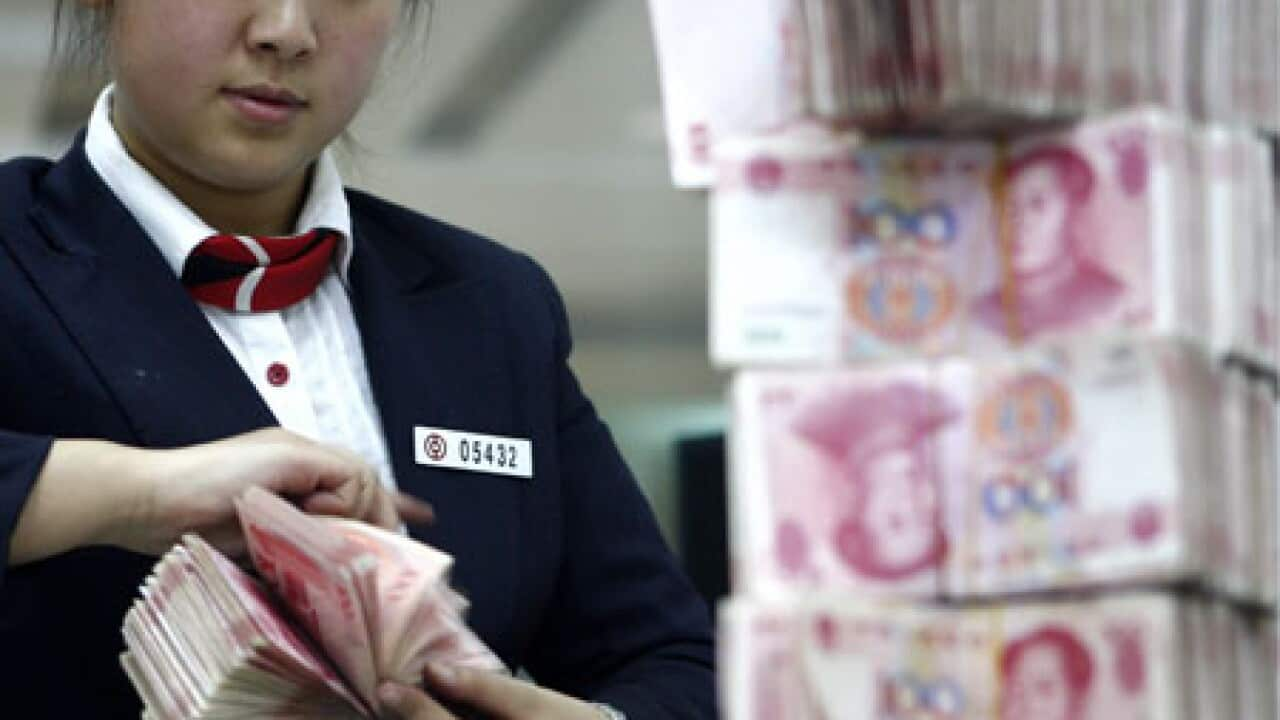After all-night talks among their senior officials, G20 finance ministers forged an agreement in South Korea to "refrain from competitive devaluation of currencies" and aim for "more market-determined exchange rate systems".
South Korean Finance Minister Yoon Jeung-Hyun said the two-day G20 meeting had laid to rest fears of a "currency war" between struggling debtors such as the United States and exporting powers such as China.
The outcome will "terminate the controversial currency issue now", he told a news conference, while conceding that it was "very difficult" for the G20 to reach agreement.
In a statement, the finance ministers vowed to "pursue the full range of policies conducive to reducing excessive imbalances and maintaining current-account imbalances at sustainable levels".
The International Monetary Fund won greater power to oversee G20 commitments. It is tasked with compiling periodic reports that investigate how a country's economic policies can damage major trading partners.
IMF chief Dominique Strauss-Kahn said the G20 ministers had, in parallel, struck a "very historic" deal to revamp the Washington-based financial watchdog to give China and other emerging powers a greater say.
Under the deal, which has been years in the making, Europe agreed to cede two seats on the IMF board to accommodate developing nations. Brazil, Russia, India and China will all in future rank among the top 10 IMF shareholders.
The G20 also signed off on a deal for tighter regulation of banks and big finance firms blamed for triggering the global economic crisis, raising the amount of top-quality capital that banks must hold in reserve for a rainy day.
Even without the IMF reform deal, the G20's mandate for the Fund to increase its watchdog role over currencies "would have been enough to make my day", Strauss-Kahn said.
US Treasury Secretary Timothy Geithner came to South Korea with a plan for nations running big current-account surpluses to change their exchange-rate policies, and deficit nations to take their own action to rebalance growth.
Targeting China's hefty current account surplus would be an indirect way for Washington to cajole Beijing into relaxing its tight shackles on the yuan and permit the currency to appreciate.
However, many emerging markets are suspicious that the United States is deliberately allowing the dollar to flounder so that it can export its way back to prosperity.
Geithner, who was to head to China Sunday for economic talks, renewed US backing for a "strong dollar" and said a "gradual appreciation" in the currencies of major trade-surplus nations was required.
Geithner had suggested that G20 members assign a specific limit for their current account surplus or deficit -- four percent of gross domestic product.
But no numerical target was given in the final statement. French Finance Minister Christine Lagarde said the G20 agreed that it was "not necessary to impose the measures with a nasty stick".
Jittery financial markets were looking for a strong stand from G20 members against beggar-thy-neighbour currency policies, in the leadup to a November 11-12 summit in Seoul.
"I think the agreement will go some way towards calming market fears of currency wars," Marco Annunziata, chief economist with Unicredit Group in London, told AFP.
"Whether the positive impact is durable, however, will depend on whether national policies are in fact changed to be in line with the agreement," he warned.
"Otherwise this will be seen as an empty statement of principle."
Following the world's worst financial crisis since the 1930s, a super-loose US monetary policy is hammering the dollar, leading to uncomfortably strong currencies for other G20 economies.
Japan, South Korea, Brazil and Indonesia among others have intervened unilaterally in recent weeks to curb the alarming rise in their currencies, which is hurting their exporting companies.
But in a highly integrated world economy, "uncoordinated responses will lead to worse outcomes for everyone", the G20 nations agreed.

